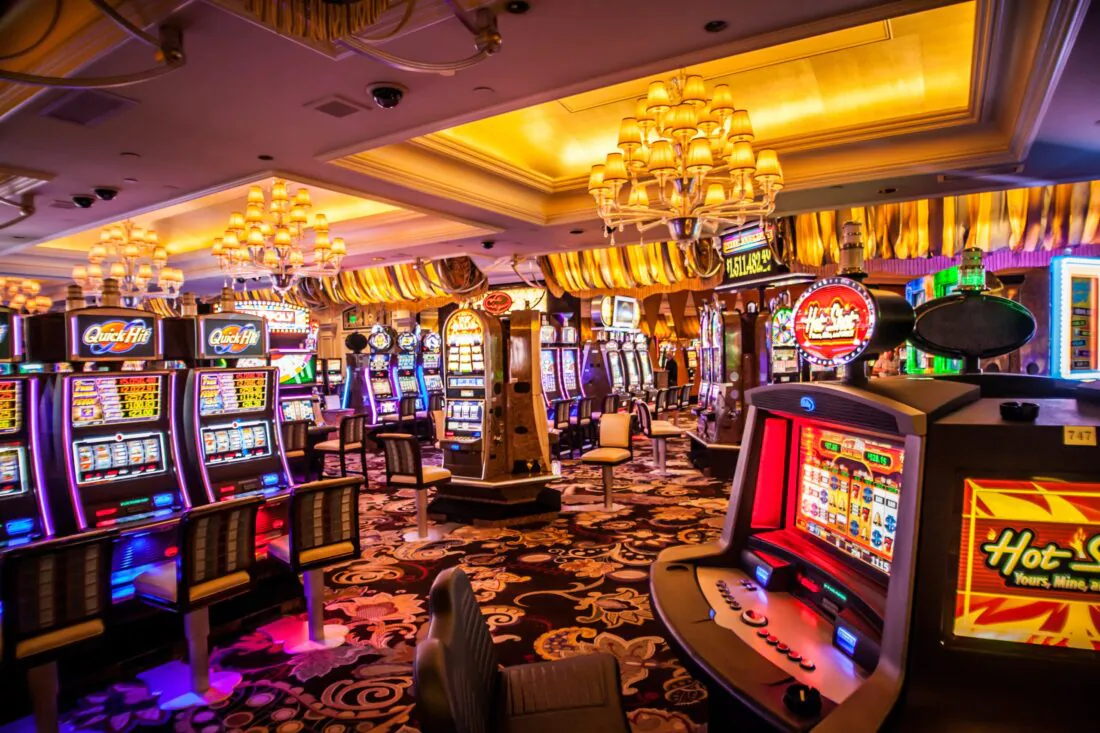Casinos, synonymous with glamour, excitement, and risk, have a storied history that stretches back centuries. From their origins in Europe to their global expansion, Slot Raffi Ahmad 88 have evolved into multifaceted entertainment hubs, attracting millions of visitors annually. This article delves into the history, evolution, and cultural impact of casinos, exploring what makes them so captivating.
Historical Origins
The concept of gambling and gaming has ancient roots, with early forms of games of chance being played in China around 2300 BC and among the Greeks and Romans. However, the first modern casino, the Casino di Venezia, opened its doors in 1638 in Venice, Italy. This establishment set the precedent for organized gambling, providing a regulated environment where patrons could enjoy various games.
The Growth of Casinos in Europe and America
During the 18th and 19th centuries, casinos proliferated across Europe. Monaco’s Monte Carlo Casino, established in 1863, became a symbol of opulence and high society, attracting aristocrats and celebrities.
Meanwhile, across the Atlantic, the gambling landscape was taking shape in the United States. New Orleans was an early hotspot for gambling, but the epicenter eventually shifted to Las Vegas, Nevada. The legalization of gambling in Nevada in 1931 paved the way for the development of iconic casinos such as The Flamingo, opened by mobster Bugsy Siegel in 1946. Las Vegas rapidly became the gambling capital of the world, known for its lavish casinos, vibrant nightlife, and spectacular entertainment shows.
The Modern Casino Experience
Today, casinos have transformed into comprehensive entertainment complexes. Las Vegas and Macau are the two most prominent casino hubs globally, offering a blend of gaming, luxury accommodations, fine dining, and world-class entertainment. Modern casinos cater to a diverse clientele, from casual gamers to high-rollers.
Technological advancements have also revolutionized the casino industry. The advent of online casinos in the late 20th century brought gambling to the digital realm, allowing people to play their favorite games from the comfort of their homes. Online casinos offer a wide range of games, including virtual slots, poker, and live dealer games, making gambling more accessible than ever before.
Economic and Social Impact
Casinos play a significant role in the economy by generating substantial revenue and creating numerous jobs. They are often central to tourism strategies, attracting visitors from around the world. However, the industry is not without controversy. Issues such as gambling addiction, financial problems, and ethical concerns about the impact on local communities are ongoing debates.
Cultural Significance
Casinos have a prominent place in popular culture, often depicted in movies, literature, and television. Films like “Casino,” “Ocean’s Eleven,” and “Casino Royale” have romanticized the casino lifestyle, portraying it as a mix of excitement, danger, and allure. This portrayal has further embedded casinos into the cultural imagination as places of both fortune and folly.
The Future of Casinos
The future of casinos is likely to be shaped by technological innovations and changing consumer preferences. Virtual reality (VR) and augmented reality (AR) are poised to create immersive gaming experiences, while the integration of blockchain technology promises to enhance security and transparency in online gambling. Additionally, as societal attitudes towards gambling continue to evolve, the industry will need to adapt to regulatory changes and new market dynamics.
Conclusion
Casinos, with their rich history and dynamic evolution, continue to captivate people worldwide. Whether in the grandeur of a Las Vegas resort, the elegance of Monte Carlo, or the convenience of an online platform, the allure of casinos endures. As they navigate the challenges and opportunities of the future, casinos will remain a fascinating blend of risk, reward, and entertainment.


